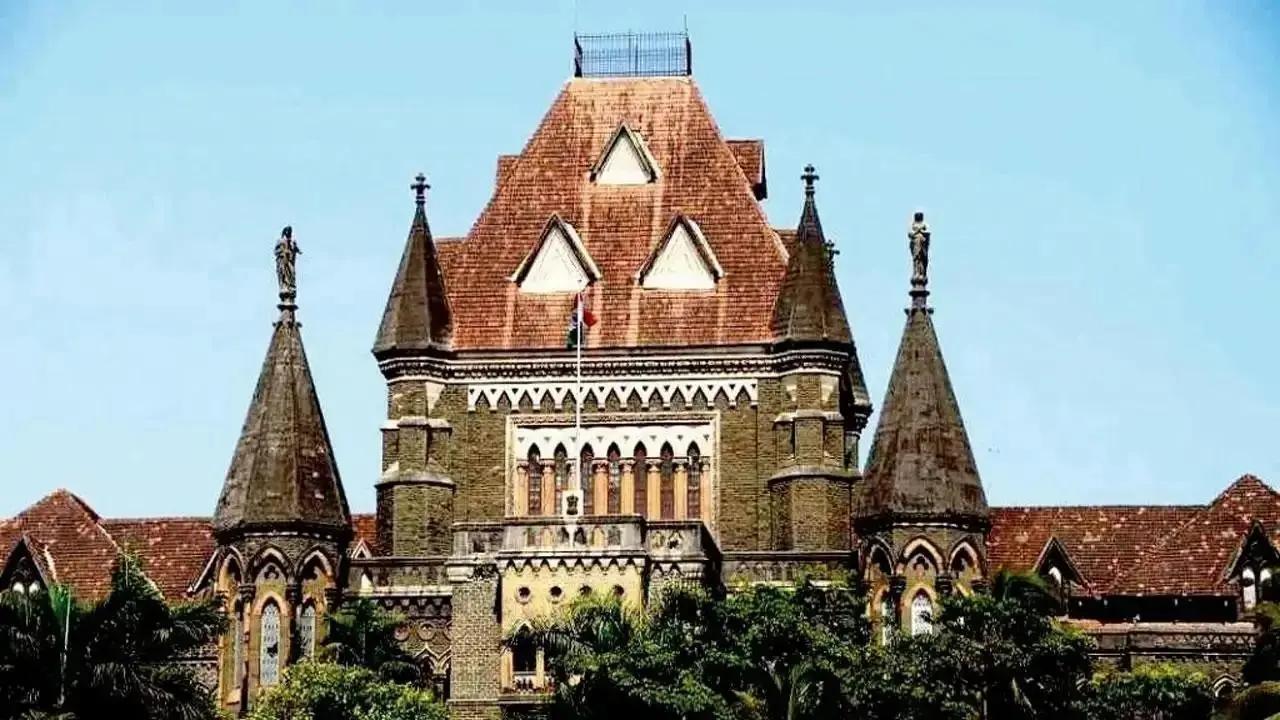Bombay High Court rejected a petition to ban Pakistani artists in India, stating patriotism doesn't mean hostility towards individuals from abroad.

Bombay High Court/ File Photo
The Bombay High Court, on October 19, rejected a petition requesting a comprehensive ban on Pakistani artists' performances or work in India, emphasizing that patriotism does not require hostility towards individuals from abroad, especially neighbouring countries, stated a report in PTI.
The court noted that a person with a good heart would welcome any activity that fosters peace, harmony, and tranquillity within their own nation and across the border. A division bench consisting of Justices Sunil Shukre and Firdosh Pooniwalla had previously dismissed the plea filed by Faaiz Anwar Qureshi, a self-claimed cine worker and artist.
According to the report, the petition sought a court directive to the Union government, demanding a complete ban on Indian entities engaging with Pakistani artists, including cine workers, singers, musicians, lyricists, and technicians. The court declined the petition, stating that the relief it sought was counterproductive to the promotion of cultural harmony, unity, and peace, lacking merit.
The court's statement on patriotism and its stance on the matter was resolute: "One must understand that in order to be a patriot, one need not be inimical to those from abroad, especially from the neighbouring country. A true patriot is a person who is selfless, who is devoted to the cause of his country, which he cannot be unless he is a person who is good at heart. A person who is good at heart would welcome in his country any activity which promotes peace, harmony, and tranquillity within the country and across the border."
The bench acknowledged that arts, music, sports, culture, and dance transcend nationalities, cultures, and nations, serving as avenues for promoting peace, unity, and harmony within and between nations, the PTI report added.
The court also pointed to the example of the Pakistan cricket team's participation in the cricket World Cup in India, crediting the Government of India for taking positive steps to ensure overall peace and harmony. These actions align with Article 51 of the Indian Constitution, which underscores the promotion of international peace and security.
The petitioner had additionally sought directives for prohibiting the granting of visas to Pakistani artists and imposing penalties for non-compliance with the ban. However, the bench found no merit in these concerns and expressed reservations about the petitioner's interpretation of patriotism. It clarified that courts cannot issue orders instructing the government to formulate laws or policies.
 Subscribe today by clicking the link and stay updated with the latest news!" Click here!
Subscribe today by clicking the link and stay updated with the latest news!" Click here!








